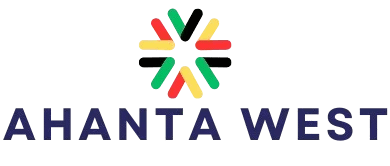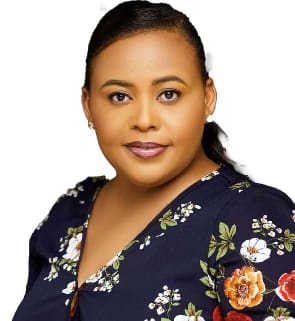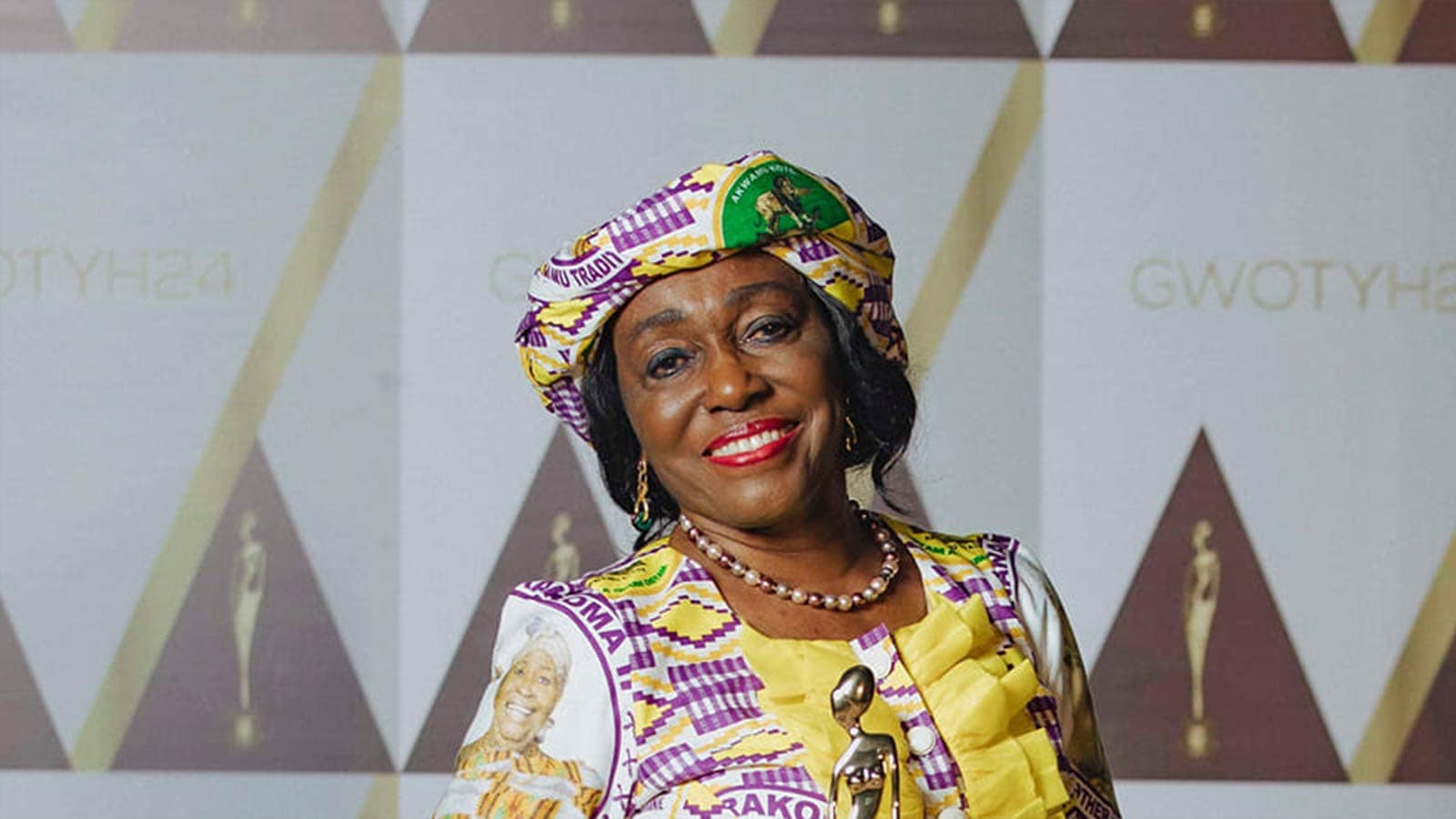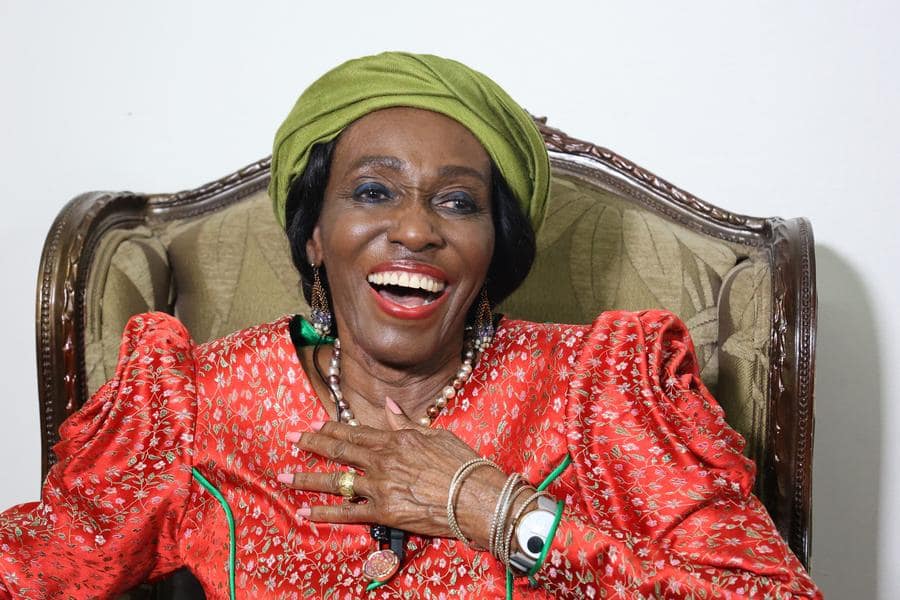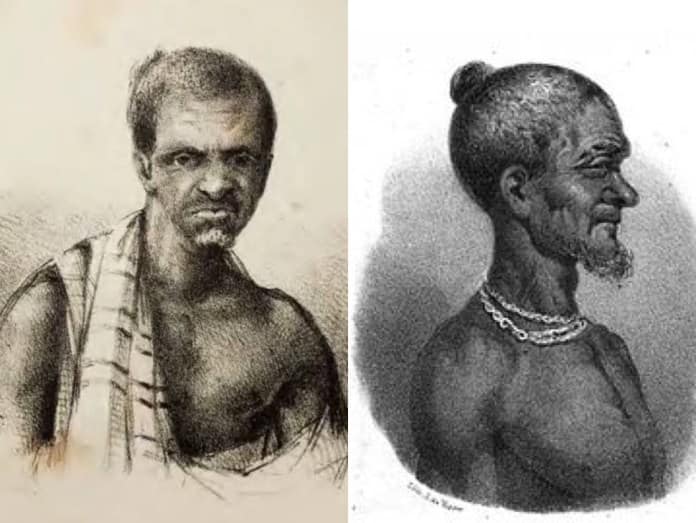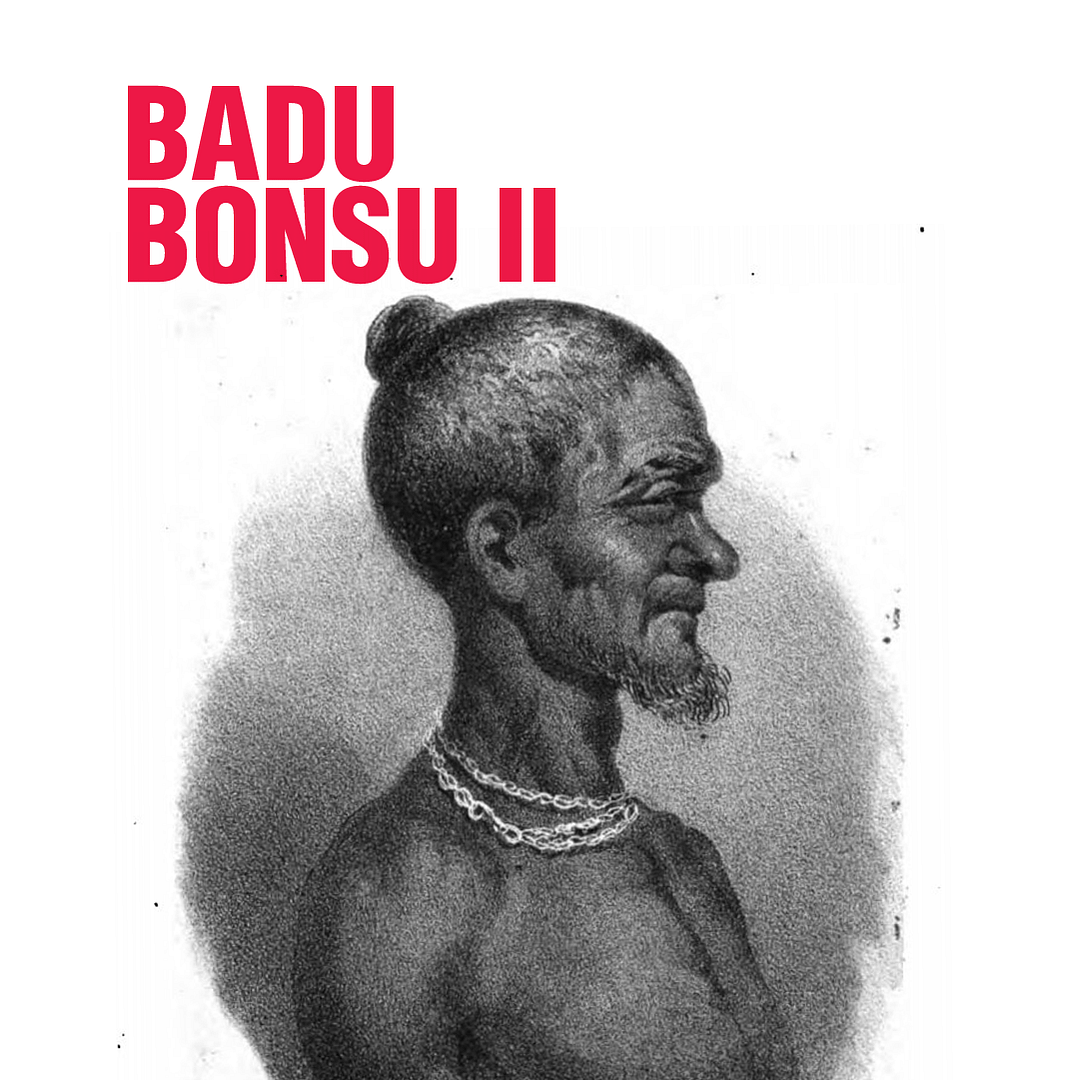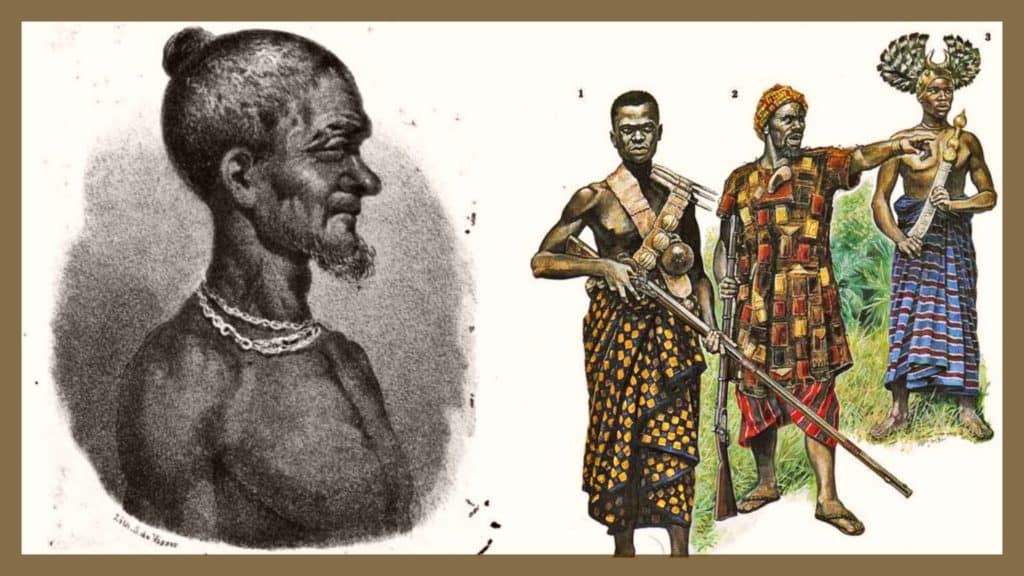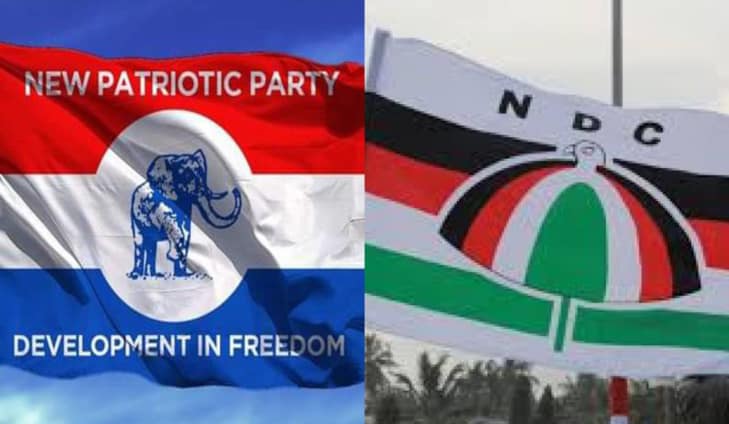
Accra, Ghana – September 2025
Tensions between Ghana’s government and MultiChoice Ghana, operators of DStv, have escalated into one of the fiercest regulatory battles in recent years, as authorities accuse the pay-TV giant of imposing “unfair, exploitative, and disproportionate” subscription fees on Ghanaian consumers.
The dispute, which began months ago with complaints over sudden price hikes, has now reached a decisive point, with the Ministry of Communications and the National Communications Authority (NCA) threatening to suspend DStv’s operating license if prices are not slashed by at least 30%.
Price Hike Sparks Outrage
Back in March 2025, MultiChoice implemented a 15% increase in subscription rates, sparking public anger. Consumer watchdog CUTS International condemned the move, accusing the company of providing less than a week’s notice to customers before the hikes took effect.
With Ghana already grappling with economic headwinds and high inflation, the decision fueled resentment among households, many of whom see DStv as a luxury service that has become increasingly unaffordable.
Government Ultimatum
By August 5, Communications Minister Samuel Nartey George issued a stark ultimatum: reduce subscription prices by 30% by August 7 or face suspension of operating licenses.
“Ghanaians are not second-class consumers,” George declared. “Why should our people pay significantly higher fees than subscribers in Nigeria or South Africa for the same channels? This is not just a matter of business—it is a matter of fairness.”
MultiChoice rejected the demand, calling the directive “untenable” and warning that forced reductions could undermine service quality and endanger jobs in Ghana. The company instead proposed suspending profit repatriation abroad as a compromise, but the government dismissed this as “illogical”.
Allegations of Lobbying and Pressure
As the standoff deepened, Minister George accused MultiChoice of covert lobbying tactics aimed at evading compliance. He alleged that the company had reached out to South African authorities in a bid to apply diplomatic pressure on Ghana to relax its stance.
“The government of Ghana will not be bullied, not by corporations and not by foreign governments,” George insisted during a fiery press briefing on August 12.
A Turning Point: Joint Pricing Committee
In early September 2025, a breakthrough was announced. MultiChoice agreed to establish a joint pricing review committee with the government and the NCA, chaired by Minister George. The committee was tasked with scrutinizing subscription structures and recommending reductions deemed fair to consumers.
At a press conference on September 5, the minister confirmed that the committee would submit proposals by September 21, setting a firm deadline for action.
“This is not just about numbers; it’s about protecting ordinary Ghanaians from exploitation,” George emphasized.
Timeline of Events
| Date | Event |
|---|---|
| March 2025 | MultiChoice hikes subscription fees by 15%; consumers protest. |
| Aug 5, 2025 | Govt demands 30% reduction by Aug 7 or DStv license faces suspension. |
| Aug 7, 2025 | MultiChoice rejects demand, warns of job losses. |
| Aug 12, 2025 | Minister accuses MultiChoice of covert lobbying to avoid compliance. |
| Sept 5, 2025 | Govt and MultiChoice agree to form joint pricing committee. |
| Sept 21, 2025 | Deadline for new pricing recommendations. |
Broader Implications
The DStv dispute reflects broader concerns about media regulation, consumer protection, and corporate accountability in Ghana. Critics argue that multinational firms often treat smaller African markets as profit centers, charging higher fees without adequate justification.
If Ghana succeeds in forcing MultiChoice to lower prices, it could set a precedent across Africa, emboldening regulators in countries like Kenya, Zambia, and Uganda, where similar complaints have long simmered.
For ordinary Ghanaians, many of whom are battling rising living costs, the government’s firm stance has been welcomed as a rare victory in the fight for consumer rights.
All eyes are now on September 21, when the pricing committee will deliver its final recommendations—a moment that could reshape the pay-TV industry not just in Ghana, but across the region.
DISCLAIMER: The Views, Comments, Opinions, Contributions and Statements made by Readers and Contributors on this platform do not necessarily represent the views or policy of ahantawest.com
